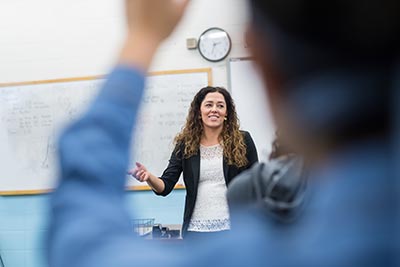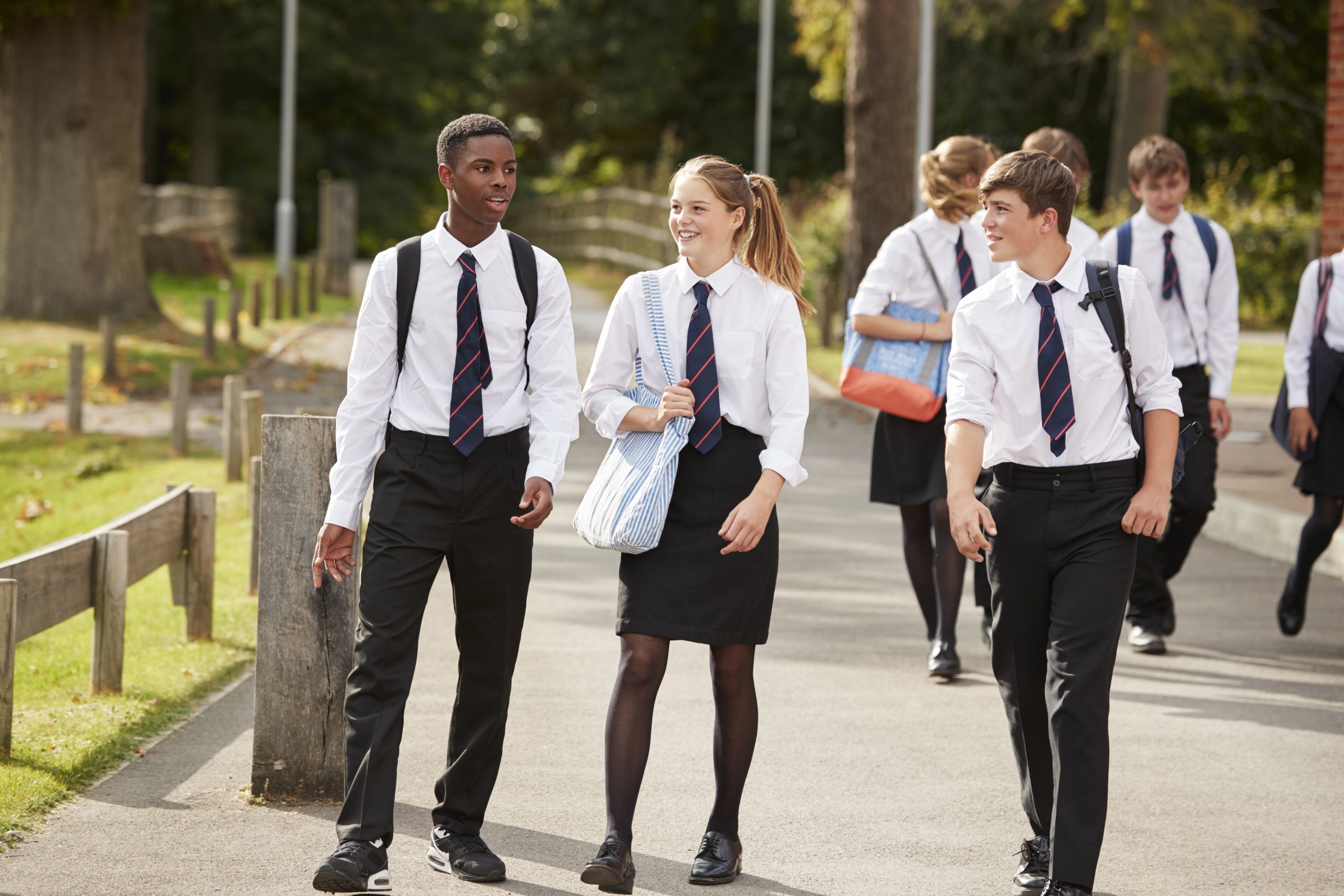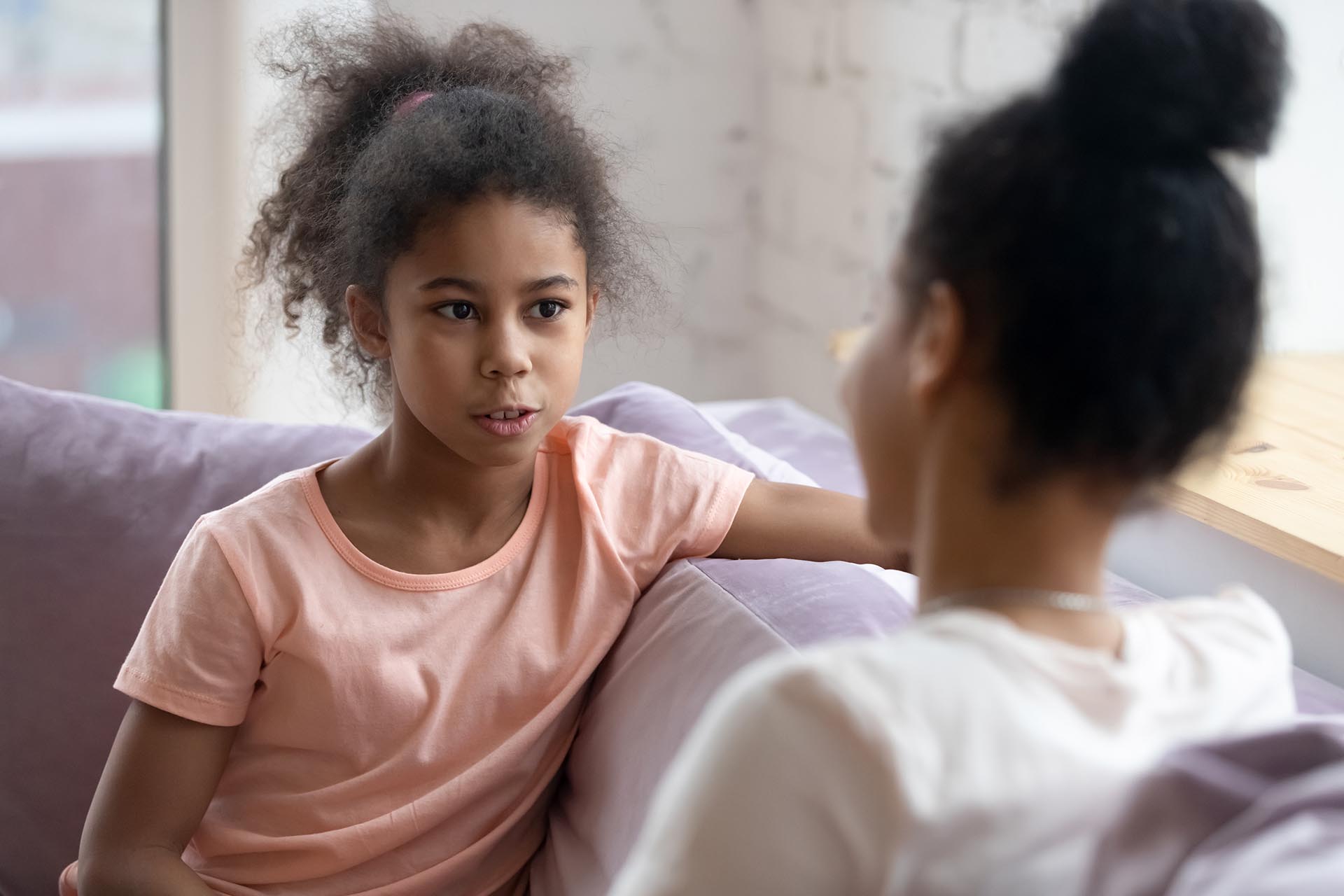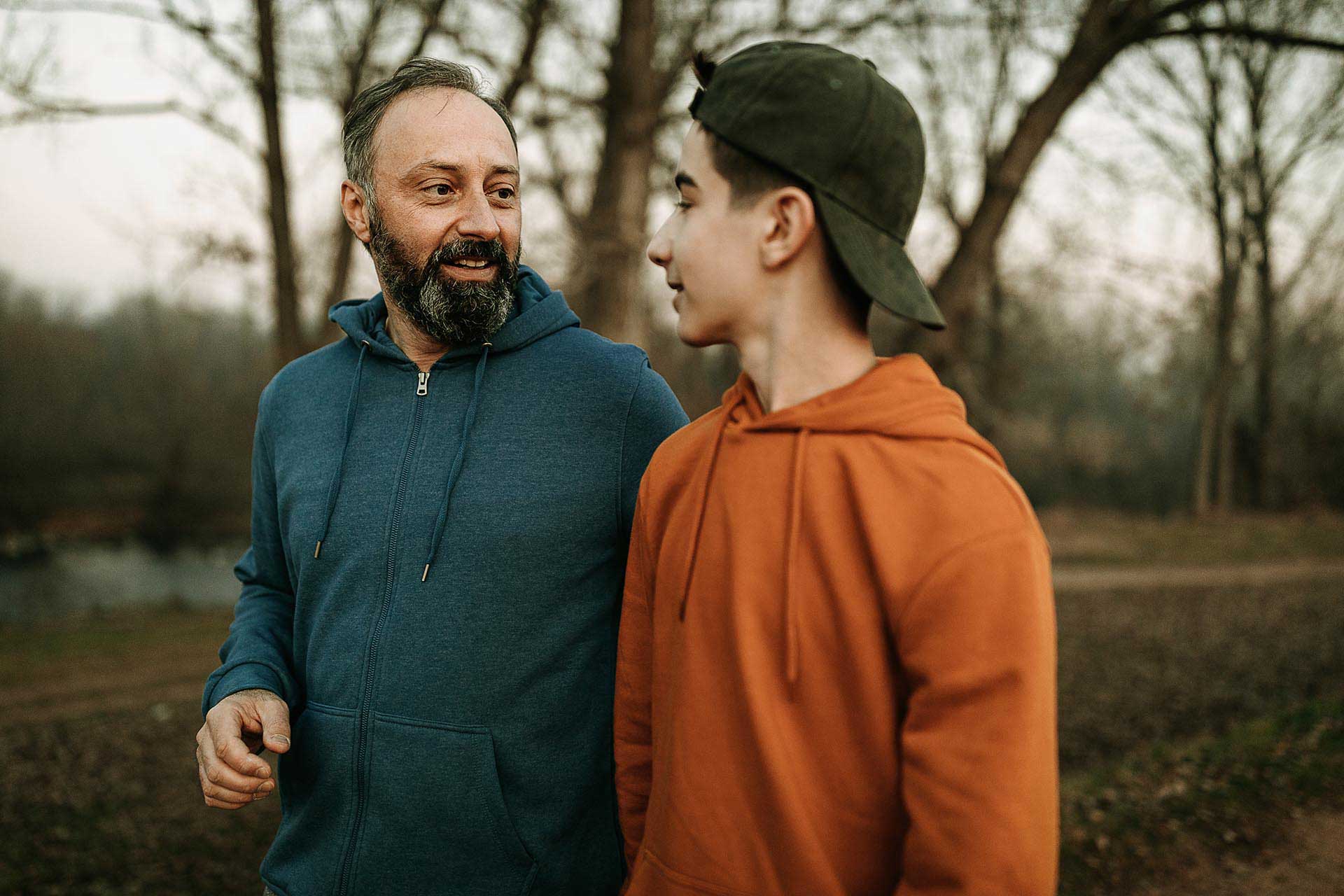When I was growing up, anything related to private body parts and sex were never spoken about, at home or at school. If we asked what sex was, we were told anything from, ‘It’s something between adults – you’ll learn about this when you’re older’ (fobbed off), ‘It happens when two people share a special hug’ (super baffling), ‘Babies are delivered by storks’ (okay – ridiculous), ‘We prayed really hard for a baby and we got you’ (didn’t add up), or, ‘It happens when two people kiss’ (really?). The list of these bizarre explanations was endless.
Now, I understand how unhelpful these explanations were and why the mystery surrounding these topics made us more intrigued. Because we weren’t encouraged to talk and ask questions, many things we heard were left unchallenged. Instead, we were forced to find answers from the school playground, just make up the answers ourselves, or go to the modern-day equivalent of Google: The Oxford Concise Dictionary.
When I was in Year 6, with the encouragement of a couple of friends, I did something very ‘shameful’. We waited until the teacher left the room, snuck up to the bookshelf beside her desk and looked-up ‘sexual intercourse’ in the dictionary. We felt scared; who knew what would happen if we got caught, and what’s more, what would happen when it was discovered we had seen the words ‘penis’ and ‘vagina’? We slammed the dictionary shut as the teacher re-entered the room and slunk back to our desks – giggling but unsettled by the shocked and judgemental faces of our classmates who could turn us in at any moment.
I get that talking to our children about sex and bodies can be awkward at best, and difficult or triggering at worst. We often don’t talk because we have our own discomfort or baggage and we want to avoid any conversations that might be difficult. That’s human nature, right? Having my own children has meant learning a whole new language and I’ve had to listen carefully and read widely to find words and phrases that I feel comfortable using. It didn’t come naturally, but I knew I had to find a way to ensure my kids grew up thinking these topics were normal, not taboo or embarrassing. Many parents tell me they don’t have a memory template of how discussions can play out without awkwardness, so it’s no wonder we’re left struggling with what to say and how to say it.
These days, our children won’t go to the safety of the Oxford Concise Dictionary for information about sex, they’ll go to the internet (and find way more than they bargained for). That’s why parents’ influence and willingness to talk and listen are more important than ever. The more we talk, the less likely our children will be exposed to information and images that they can’t un-see and if they do see anything, they can talk to a trusted adult to help process and make sense of things. Children and teens don’t have an inbuilt blueprint that tells them what to ask and when, so it’s up to schools and parents to initiate conversations.
Parents are the first and most important educators
Sexuality and relationships education in schools provides young people with accurate information so they can make decisions about their bodies, relationships and staying safe, but it’s not just the school’s job to educate. Parents and caregivers have a part to play too. Parents are the first educators in their child’s life. They adjust language to suit the maturity and particular characteristics of their child and ask the right questions to get them talking. They teach, either overtly or by example, what their family’s beliefs and values are.
A partnership between home and school
Teaching sex ed in the classroom is great fun, but it’s when I talk to or work with parents and their children together that I feel I’m making the biggest difference. I love it when parents say they’re relieved, energised and more confident about conversations at the end of a session – something they were nervous about an hour before.
School communities include families from wide-ranging cultures, religions and backgrounds, and teachers are sensitive and mindful of this diversity. At school, students learn the facts and ways of thinking and problem solving – but it’s from home that young people will get their values and beliefs. That’s why educational institutions need to find a way to upskill parents and build their confidence to talk to their children. Parent information evenings and whole family sessions are great for modelling how to talk about bodies, puberty and sex in a matter-of-fact way. Once parents know what’s covered, how topics are approached, the language used, and what rules are put in place to create safe and respectful classrooms, they’ll feel more willing to dive into these important conversations at home. Precisely because of their lack of education growing up, many parents welcome opportunities to learn about ways to talk.
Giving parents the tools they need
By creating open and honest dialogues with their children, parents send the message that it’s okay to come to them with any questions or worries. Having chats at home also helps to reinforce what they’re learning at school. Both young people and parents need support on how to take the embarrassment out of this topic, one conversation at a time. Parents need to talk to other parents; find websites and books with helpful tips and suggestions; and test what words, phrases and ideas sit best with their core values, beliefs and comfort levels.
If my Year 6 self had been allowed to ask questions and been told that it was normal to be curious, then I wouldn’t even remember looking up the dictionary all those years ago.











